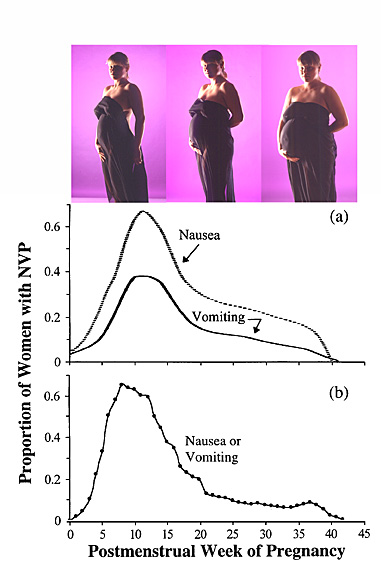
Pregnancy Nausea: A Common but Unpleasant Experience
Pregnancy nausea, also known as morning sickness, is a common ailment that affects up to 80% of pregnant women. It typically begins around the fourth week of pregnancy and peaks between the eighth and twelfth weeks. While the exact cause of pregnancy nausea is unknown, it is thought to be related to hormonal changes and increased sensitivity to certain smells and tastes.
Symptoms of Pregnancy Nausea
The most common symptom of pregnancy nausea is nausea, which can range from mild to severe. Other symptoms may include:
- Vomiting
- Loss of appetite
- Food aversions
- Food cravings
- Fatigue
- Headaches
- Dizziness
Causes of Pregnancy Nausea
The exact cause of pregnancy nausea is unknown, but it is thought to be related to the following factors:
- Hormonal changes: The hormone human chorionic gonadotropin (hCG) is produced by the placenta during pregnancy. High levels of hCG have been linked to increased nausea.
- Increased sensitivity to smells and tastes: Pregnancy can increase a woman’s sensitivity to certain smells and tastes, which can trigger nausea.
- Low blood sugar: Nausea can be a symptom of low blood sugar, which is common during pregnancy.
- Gastrointestinal changes: Pregnancy can cause changes in the gastrointestinal tract, such as slowed digestion and increased acid production, which can contribute to nausea.
Risk Factors for Pregnancy Nausea
Certain factors can increase a woman’s risk of developing pregnancy nausea, including:
- History of motion sickness or nausea: Women who have a history of motion sickness or nausea are more likely to experience pregnancy nausea.
- Multiple pregnancies: Women who are pregnant with twins or multiples are more likely to experience nausea.
- Certain medical conditions: Women with certain medical conditions, such as hyperthyroidism or diabetes, are more likely to experience nausea during pregnancy.
- Emotional stress: Emotional stress can worsen pregnancy nausea.
Treatment for Pregnancy Nausea
There is no cure for pregnancy nausea, but there are a number of treatments that can help to relieve symptoms. These include:
- Lifestyle changes: Eating small, frequent meals, avoiding trigger foods, and getting plenty of rest can help to reduce nausea.
- Over-the-counter medications: Over-the-counter medications, such as ginger or vitamin B6, can help to relieve nausea.
- Prescription medications: In some cases, prescription medications may be necessary to control severe nausea.
When to See a Doctor
Most cases of pregnancy nausea are mild and do not require medical treatment. However, it is important to see a doctor if you experience any of the following:
- Severe nausea or vomiting that prevents you from eating or drinking
- Weight loss
- Dehydration
- Fever
- Abdominal pain
Complications of Pregnancy Nausea
In rare cases, severe pregnancy nausea can lead to complications, such as:
- Dehydration: Severe vomiting can lead to dehydration, which can cause electrolyte imbalances and other health problems.
- Weight loss: Severe nausea and vomiting can lead to weight loss, which can be harmful to both the mother and the baby.
- Nutritional deficiencies: Severe nausea and vomiting can prevent women from getting the nutrients they need during pregnancy, which can lead to nutritional deficiencies.
Prevention of Pregnancy Nausea
There is no sure way to prevent pregnancy nausea, but there are a few things that may help to reduce your risk, including:
- Eating small, frequent meals: Eating small, frequent meals can help to prevent low blood sugar, which can trigger nausea.
- Avoiding trigger foods: Identifying and avoiding foods that trigger your nausea can help to reduce symptoms.
- Getting plenty of rest: Getting plenty of rest can help to reduce fatigue, which can worsen nausea.
- Managing stress: Managing stress can help to reduce nausea.
Conclusion
Pregnancy nausea is a common but unpleasant experience that can affect up to 80% of pregnant women. While there is no cure for pregnancy nausea, there are a number of treatments that can help to relieve symptoms. It is important to see a doctor if you experience severe nausea or vomiting, as it can lead to complications.